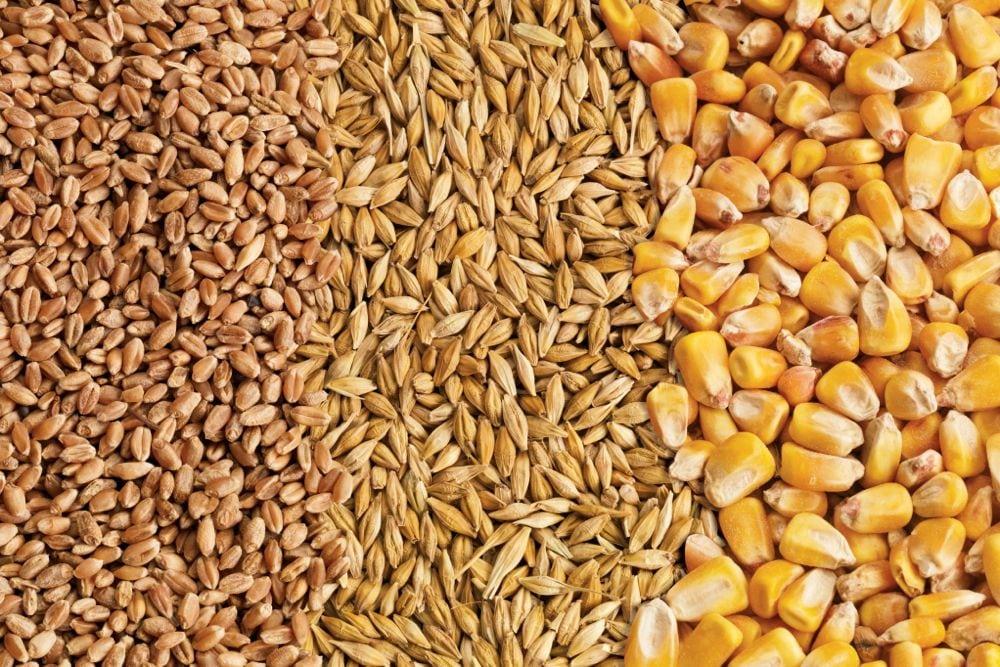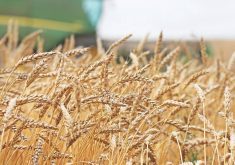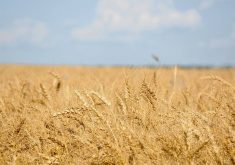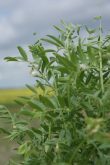British Columbia plans to spray down a “growing population” of gypsy moth living in an area where it could otherwise hitch rides across the province.
The province’s ministry of forests and range plans up to four aerial applications of Foray 48B, a biological control already approved for use on organic farms, between April 15 and June 30.
The area in question is over about 1,900 acres in and around Richmond. Trapping and monitoring indicate a growing gypsy moth population in the treatment area, from the Fraser River to Westminster Highway and from Gilbert Road to Shell Road, the province said.
Read Also

Feed Grains Weekly: Domestic prices remain flat
Although there has been some upward movement in feed grain prices, particularly in Alberta, it’s not domestic demand that’s pushing them higher, said Jim Beusekom, president of Market Place Commodities in Lethbridge on Feb. 19.
“If left untreated, the moth could spread to new areas of the province via the container, rail and shipyards found in Richmond,” the ministry said in a release March 1.
Treatment dates are weather-dependent and will be advertised closer to the first application date. Each treatment application will be completed before 7:30 a.m., the province said.
The gypsy moth is an introduced pest species, with caterpillars that feed on tree leaves and damage farms, orchards and forests, the province said. Sections of forests and residential areas in Ontario and the eastern U.S. were defoliated by large gypsy moth populations in recent years, the ministry said.
The moths are “unintentionally” brought to B.C. on vehicles and equipment from eastern North America, the province said. Infested areas are often subject to product and transportation quarantines and treatments including individual vehicle checks and annual aerial spraying.
Btk, the active pathogen in Foray 48B, occurs naturally in farmland, forest and urban soils around the province and has been approved to control gypsy moth larvae in Canada since 1961, the province said.
The product does not harm humans, mammals, birds, fish, plants, reptiles, amphibians, bees or other insects and only affects caterpillars after they’ve eaten it.

















